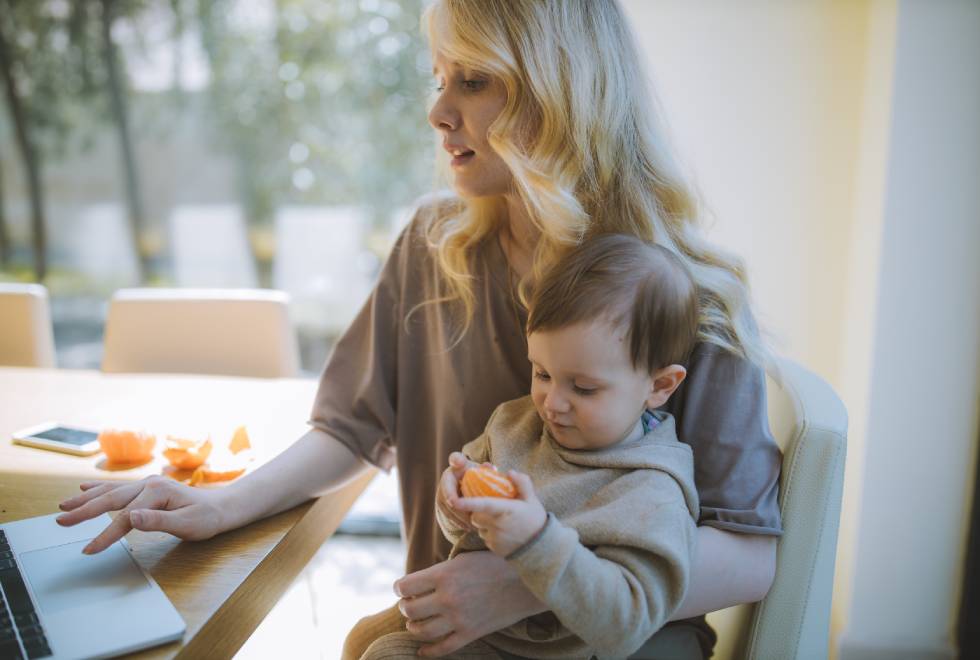
It would seem that in our advanced day and age everyone should already know that postpartum depression is neither a myth and nor a whim, but a serious form of mental disorder that requires the help of specialists.
But despite the grim statistics (every tenth woman experiences a case of postpartum depression), only 15% of affected women are looking for help!
Others try to deal with it by themselves and continue drowning in despair, constant fatigue, and an enormous feeling of guilt. The main myth about motherhood is that all moms are happy 24/7 because they interact with their wonderful babies. But, as you can imagine, this is far from the truth if a mother is depressed.
What are the main symptoms that can suggest postpartum depression?
- Depressed mood, constantly low emotions, inability to enjoy any joyful moments in life.
- Getting tired or irritated when interacting with the baby. A mother may show aggression towards the child or other members of the family.
- Being distracted, inability to focus on one task at a time.
- Increased emotional sensitivity, easily triggered emotional responses.
- Temporary or constant bouts of tears, emotional exhaustion.
- Low appetite, disruption of sleep, different aches and pains (head, stomach, muscles, joints, etc.)
Dealing with anxiety and powerlessness amid emotional exhaustion is not an easy task in itself. And if a woman in such a state does not also receive the support of her loved ones, then the task becomes practically impossible …
Where postpartum depression comes from is not fully understood to this day: stress, fatigue, hereditary predisposition in addition to hormonal fluctuations, social disturbances, changes in appearance, problems with the partner – all this increases the chances of developing depression. But we need to note that depression can also happen in a seemingly normal life situation.
Self-therapy can be an essential tool for personal growth and self-improvement.
Browse through our courses and see the positive changes they can bring to your life.
You are not sure where to begin?
During this period, it seems that the young mother wants only one thing – that everyone would leave her alone. But in reality, she needs someone to understand her, share and validate her feelings, and provide support without criticizing or lecturing.
How can you help?
- Talk to the young mother, ask how she feels. Note any alarming symptoms – constant fatigue, lack of focus, irritation, or apathy.
- Help with household chores, give her a chance to be by herself without the child. Allow her to leave the house not just to run the baby-related errands, but also just for herself (to a spa or hair salon, go dancing, or for a walk).
- Never use any “motivating” phrases such as “pull yourself together”, “you must”, “now you are a mother”, etc.
- Provide emotional support. She needs to know that she can talk about difficult feelings without being judged.
- If the situation doesn’t improve, try to convince her to seek professional help. Find specialists and share their contact info with her.
If you are the one who is experiencing postpartum depression – remember the main things:
- It can be dealt with.
- You are a good mother.
- This is not your fault, you are just experiencing a certain state and you need help.
Take good care of yourself. It is like putting on an oxygen mask on yourself first so that you could take care of your baby…
Help us grow on Instagram 👇